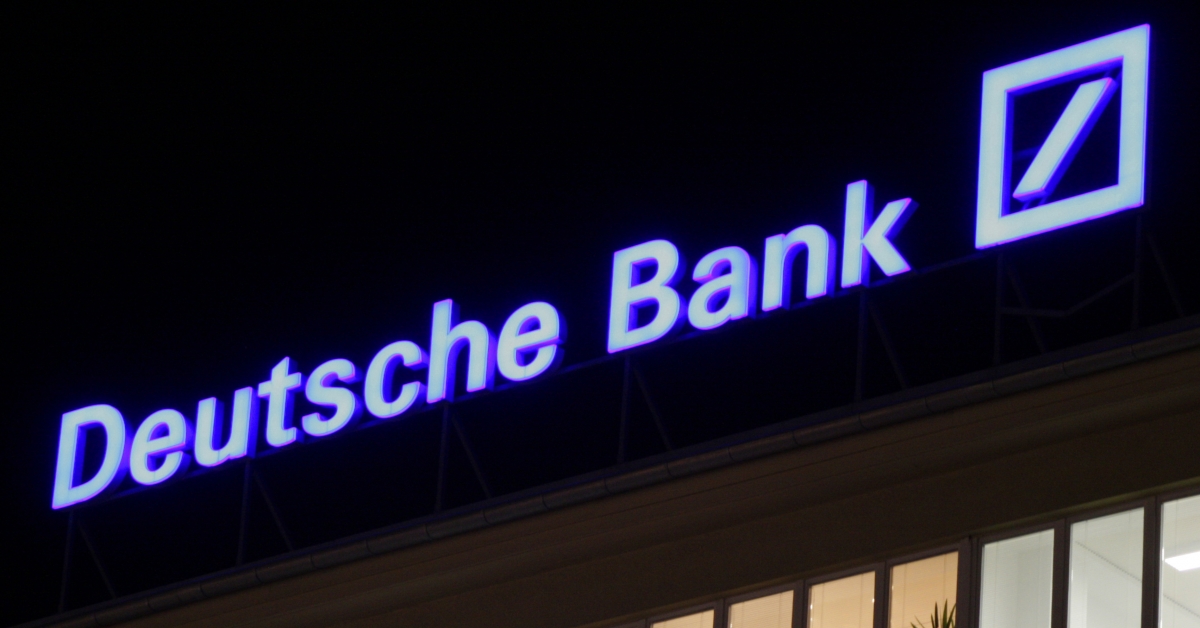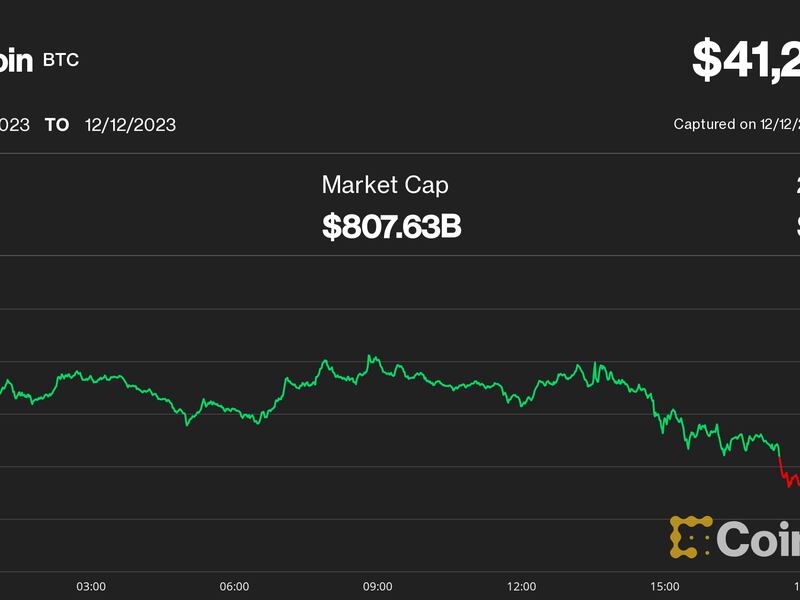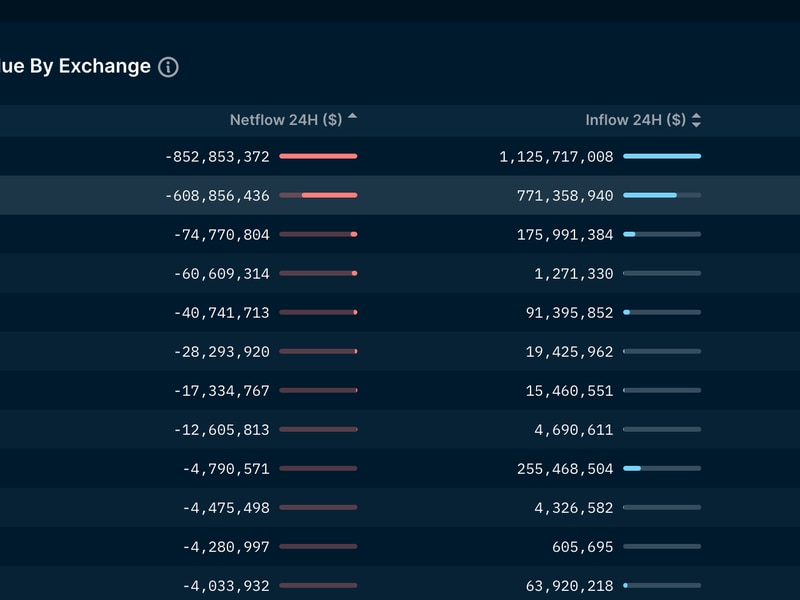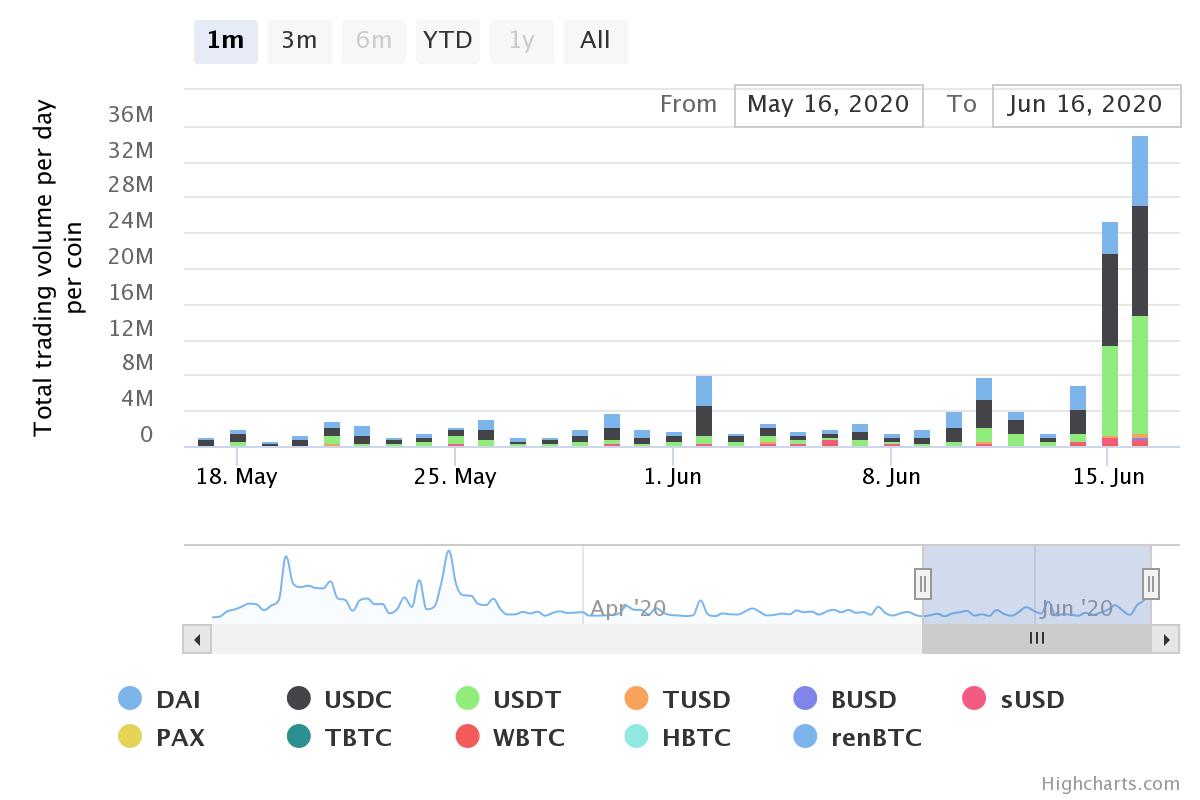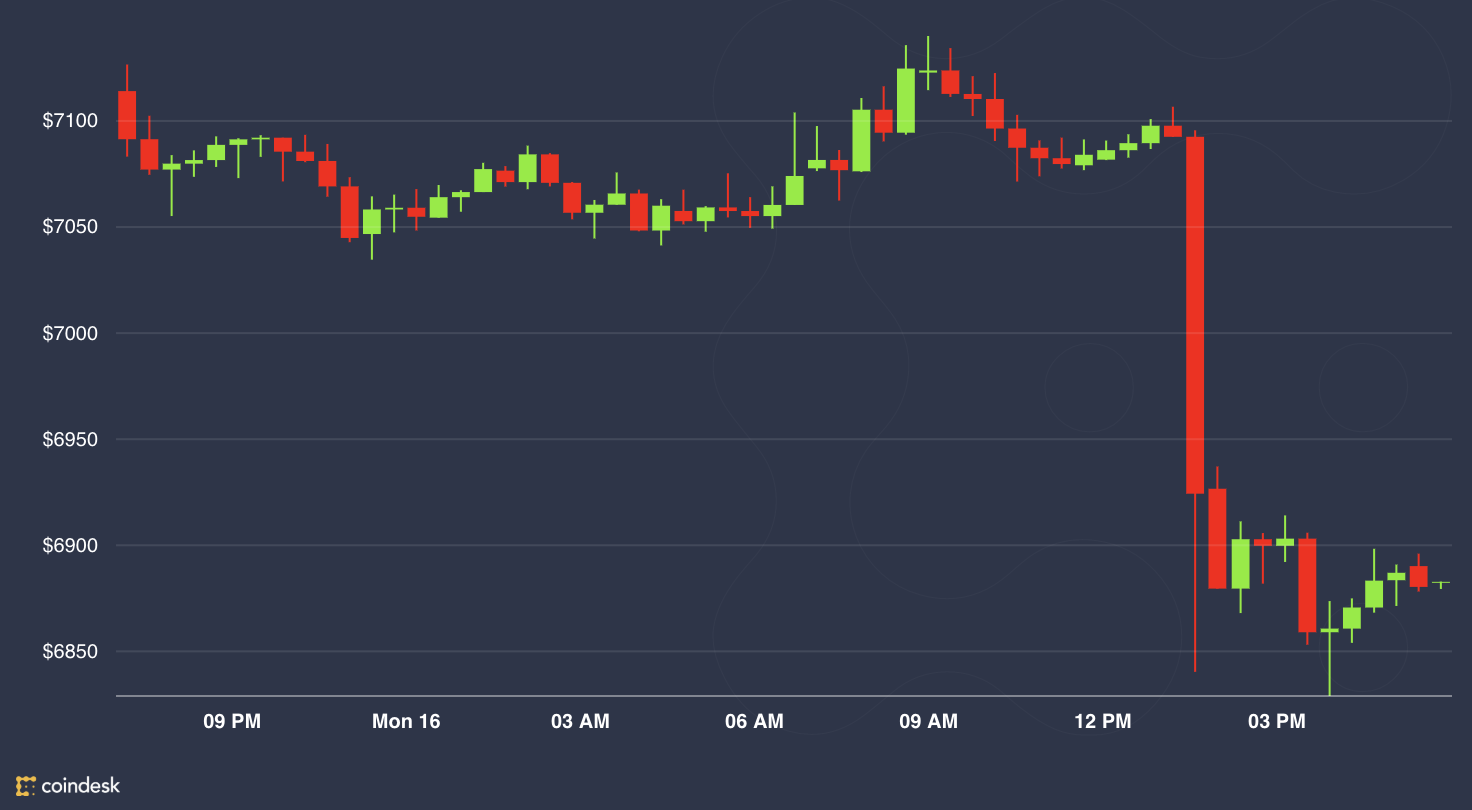Ethereum Set for Overhaul of Crucial Programming Standard With ‘EVM Object Format’
-
The new EVM Object Format (EOF) proposal aims to make the de facto industry standard Ethereum Virtual Machine more developer-friendly.
-
Concerns were raised by some developers that the risk of implementing the proposal weren’t worth the benefits.
Ethereum developers are steering toward an upgrade that could bring the most fundamental changes in the network’s programming environment since the original smart-contracts blockchain shook up the crypto industry when it launched nearly a decade ago.
The Ethereum Improvement Proposal (EIP) known as EVM Object Format (EOF), which has been discussed extensively in developer circles this year because of some participants’ concerns about possible security risks, is now set to be included in a major package of changes expected later this year or early next, known as the Pectra hard fork.
The EOF proposal is a series of smaller changes aiming to update the Ethereum Virtual Machine (EVM), the programming environment that executes smart contracts on the blockchain, and arguably Ethereum’s secret sauce that made it different from Bitcoin and other early distributed networks when it launched in 2015.
Specifically, EOF would make smart contracts more developer friendly, especially for those building decentralized applications in Solidity or Vyper programming languages. The series of changes are incredibly delicate that can break existing smart contracts, so developers have added in a new version, allowing dapp builders to choose which version of the EVM to use when deploying their code.
“EOF will be the first major EVM related change in years,” said Parithosh Jayanthi, a core developer at the Ethereum Foundation, over a text message on Telegram to CoinDesk. “It sets the stage for future upgrades to the EVM and showcases the base layers intent to continue to improving the EVM.”
As the first and largest smart-contract blockchain, Ethereum has defined the programming standard that many other blockchains have adopted. Other layer-1 blockchains have also found ways to be compatible with the EVM, recognizing how important this piece of technology is in the blockchain industry.
But developers are now looking to introduce a newer version of the EVM, so they can write more secure smart contracts and dapps. With this, some developers have a few concerns that the procedure might create some unintended consequences for the network.
Currently, the EOF component of the Pectra upgrade, Ethereum’s next hard fork, consists of 11 Ethereum Improvement Proposals (EIPs).
EOF proposals were suggested in the previous upgrade, Dencun, but when Ethereum developers wanted to be heads-down working on proto-danksharding – another crucial innovation that makes data storage on the blockchain cheaper and faster – they pushed EOF out and suggested to revisit it for Pectra.
One notable critic of EOF was the core developer Marius Van Der Wijden.
“The problem that I see is that now performing these operations, performing these verifications, these checks, is also part of the consensus,” he told CoinDesk in an interview at the Ethereum Community Conference in Brussels. “That means if there’s a bug in there, and we deploy something that passes our verification, but has a bug in it, then it will later on crash in a very unexpected way.”
Van Der Wijden’s high-level concern with EOF is that “the big disadvantage that we will have is to maintain this EVM alongside the old one. Because the old one is not going to go anywhere, right? And everyone has sort of been making use of the old one.”
Most of the core developers, however, say that EOF will bring benefits to the Ethereum ecosystem that outweigh the risks.
“EOF is ready, implementations are complete, and downstream users such as Solidity are advocating for it,” Danno Ferrin, an independent contributor to the client team Besu, told CoinDesk in a message over Telegram.
“When the feature is ready and done it’s time to ship it or to permanently mothball it. EOF also fixes a large amount of technical debt the EVM has had since its inception,” Ferrin said.
Edited by Bradley Keoun.
Disclosure
Please note that our
privacy policy,
terms of use,
cookies,
and
do not sell my personal information
has been updated
.
CoinDesk is an
award-winning
media outlet that covers the cryptocurrency industry. Its journalists abide by a
strict set of editorial policies.
In November 2023
, CoinDesk was acquired
by the Bullish group, owner of
Bullish,
a regulated, digital assets exchange. The Bullish group is majority-owned by
Block.one; both companies have
interests
in a variety of blockchain and digital asset businesses and significant holdings of digital assets, including bitcoin.
CoinDesk operates as an independent subsidiary with an editorial committee to protect journalistic independence. CoinDesk employees, including journalists, may receive options in the Bullish group as part of their compensation.
:format(jpg)/s3.amazonaws.com/arc-authors/coindesk/7dc71a1a-5122-47cc-9bbf-82501f65b060.png)
Margaux Nijkerk reports on the Ethereum protocol and L2s. A graduate of Johns Hopkins and Emory universities, she has a masters in International Affairs & Economics. She holds a small amount of ETH and other altcoins.
Follow @cryptauxmargaux on Twitter



